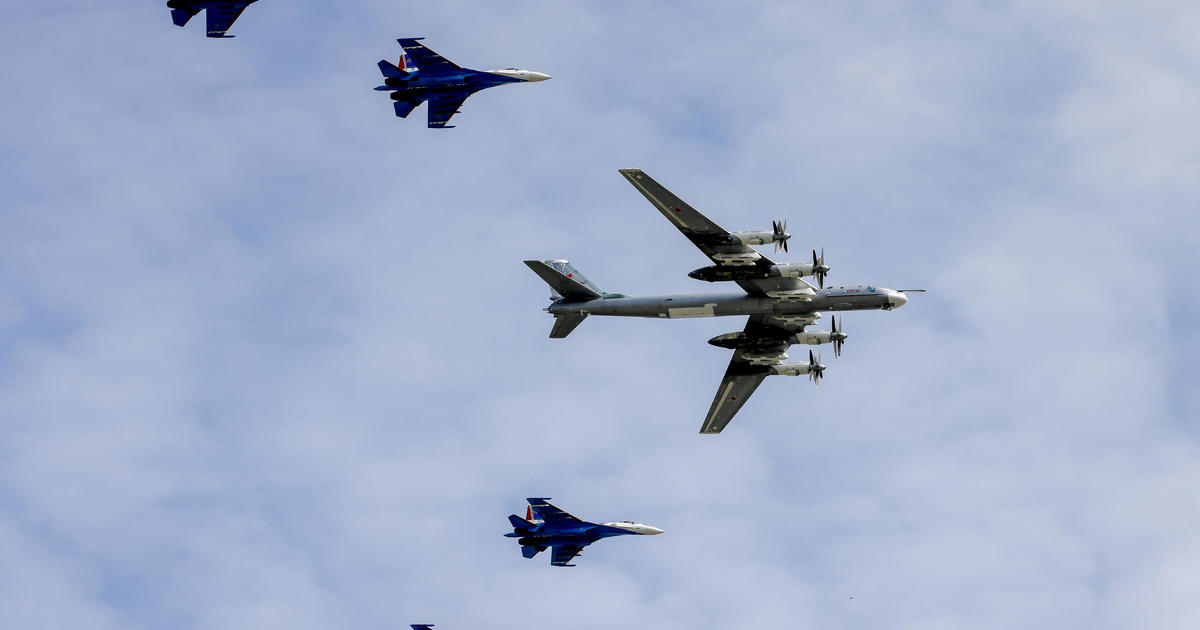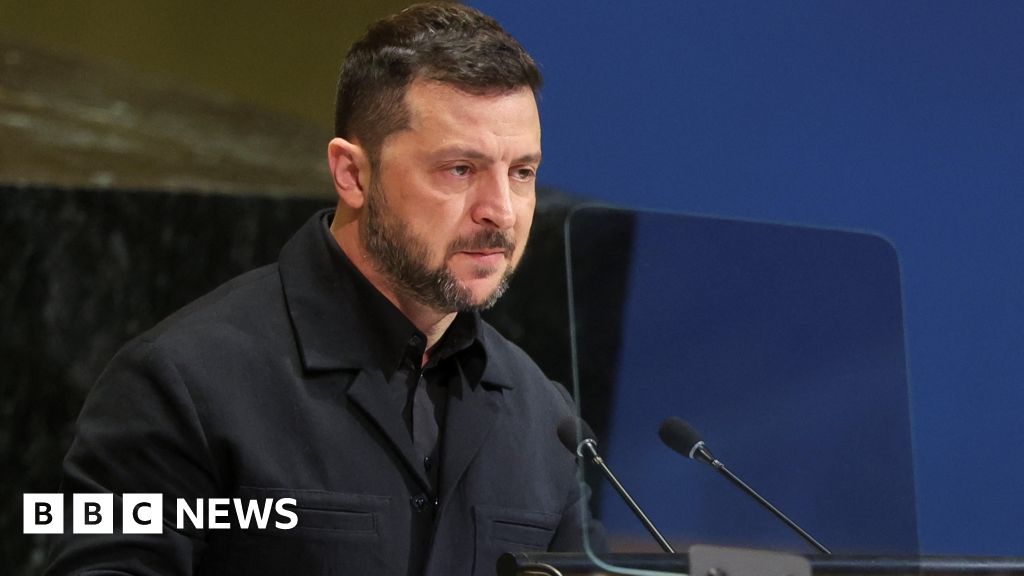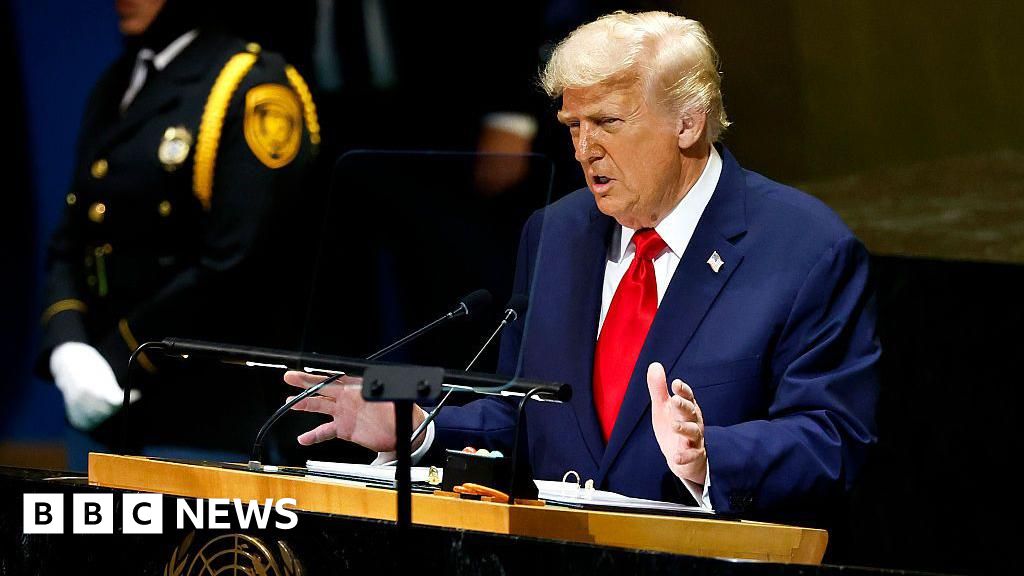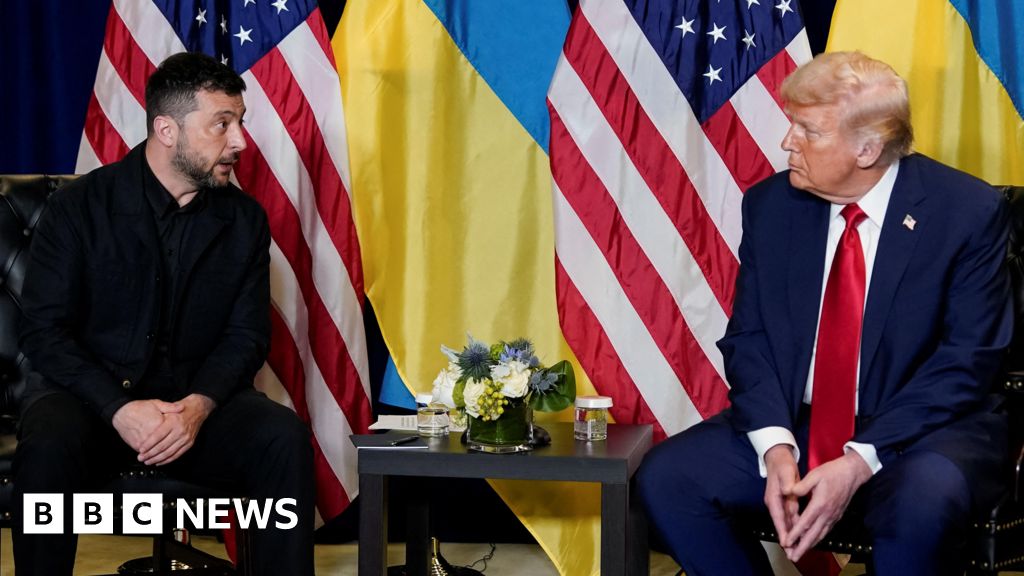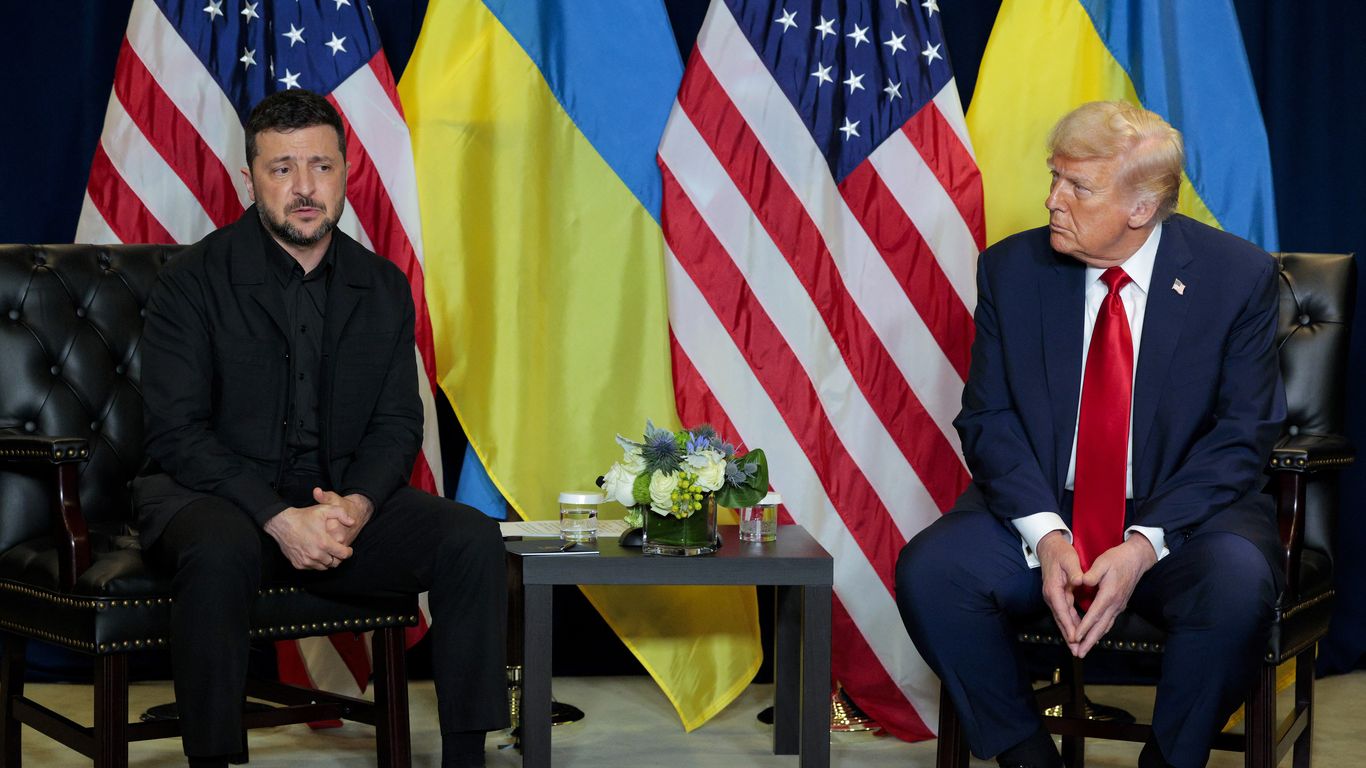Russia's Tainted Alcohol Epidemic

Introduction
According to officials, at least 19 people have died after consuming tainted liquor in Russia. This is not an uncommon occurrence in the country, as incidents of mass deaths from drinking cheap homemade alcohol substitutes are frequently reported. The high demand for cheap alcohol, coupled with lax regulations and enforcement, often leads to the production and consumption of dangerous and toxic alcohol. In this particular instance, the tainted liquor was found to contain methanol, a highly toxic form of alcohol that can lead to blindness and death if ingested.
Root of the Problem
The root of this issue lies in the demand for affordable alcohol in Russia. Due to high taxes and regulations on alcohol, many people turn to homemade substitutes, which are often made with dangerous and harmful ingredients. These substitutes are sometimes referred to as "surrogates" and can be found in small, makeshift distilleries. In addition, corruption and lack of enforcement in the alcohol industry also contribute to the production and distribution of unsafe alcohol.
Solutions and Prevention
In order to prevent further incidents of mass deaths from tainted alcohol, the Russian government needs to address the root of the problem. This includes stricter regulations and enforcement on the production and distribution of alcohol, as well as educating the public on the dangers of consuming homemade substitutes. Creating more affordable and accessible options for legitimate alcohol may also help reduce the demand for dangerous substitutes.
About the Organizations Mentioned
Russian Government
The **Russian Government**, formally known as the Government of the Russian Federation, is the executive branch responsible for implementing federal laws, managing state policy, and issuing federal by-laws and resolutions. It is composed of the Chairman (Prime Minister), Deputy Chairmen, and federal ministers, appointed by the President with the State Duma’s consent, though the President holds significant authority to appoint or dismiss the Government independently under certain conditions[1][3]. Historically, the Russian Government evolved through reforms, notably the administrative reform of 2003–2005, which clarified roles between federal ministries (policy development), federal services (control and supervision), and federal agencies (property management and services)[1]. In 2020, constitutional amendments further shaped the Government’s formation and activities, increasing presidential powers and centralizing control[1][2]. The Government oversees multiple sectors, notably the strategic fuel and energy sector, which is vital for Russia’s economy, involving close collaboration between state officials, security services, and major energy companies[2]. Recent years have seen a consolidation of power in the Kremlin, with reforms reducing local self-government autonomy, such as the 2025 law eliminating nationwide mayoral elections, shifting appointments to governors, aligning with broader centralization trends[2][4][8]. Economically, despite external pressures and sanctions, Russia’s Government has reported robust performance. In 2024, Russia’s economy grew 4.1%, outpacing many industrialized nations and positioning it as the fourth largest globally by purchasing power parity. The Government’s 2025 budget prioritizes defense spending at a record $132 billion, reflecting ongoing military commitments and challenges in the arms industry due to sanctions[5][6]. Notable is the Government’s role in maintaining state stability and responding to geopolitical challenges, with President Putin exercising strong influence over all branches of government, reinforced by loyal security and business elites. The Government regularly reports its performance to the State Duma, emphasizing economic resilience and strategi

